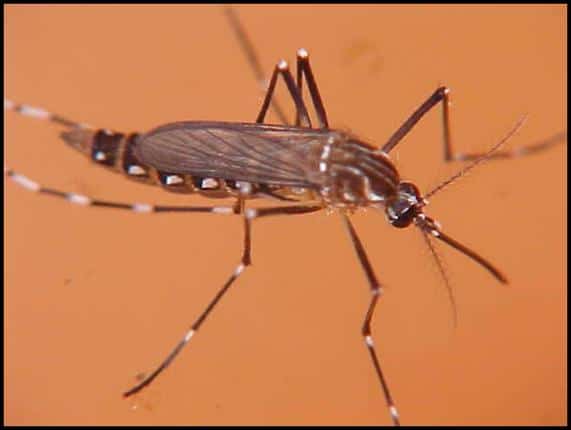WASHINGTON, D.C. – Cases of dengue have multiplied nearly five times in the last 10 years in Latin America, affecting 2.3 million people in 2013, even though its mortality rate dropped, according to figures released this Thursday by the Pan American Health Organization (PAHO).
According to PAHO, “2013 was one of the worst years for disease in the history of the continent, with more than 2.3 million cases, 37,705 severe cases and 1,289 deaths.”
In comparison, PAHO explained in a statement that in 2003, 517,617 cases had been reported in Latin America.
“Controlling the Aedes aegypti mosquito, transmitter of the disease, is the great regional as well as global challenge,” said the director of the Department of Transmittable Diseases and Health Analysis of PAHO and the World Health Organization (WHO), Marcos Espinal, in the statement.
The figures were released during a PAHO meeting on the prevention and control of dengue, which brought together Latin American functionaries, academics and scientists on May 28 and 29 in Washington.
In 2013, Costa Rica broke a record with 49,993 cases of dengue, according to the Health Ministry.
According to the regional health organization, uncontrolled urbanization, absence of basic services and failure to control the environment, along with climate change, were factors that contributed to the spreading of the disease.
“In the Americas, close to 500 million people live at risk of contracting dengue,” indicated PAHO.
However, the spread of dengue is nonexistent in Chile, Canada and Uruguay.
Despite the increase in dengue cases, deaths caused by the disease have been reduced from 0.07 percent to 0.05 percent in the last three years, since PAHO implemented new guides for treating patients.
According to PAHO estimates, some 1,500 deaths were preventable in the last year, if they had improved care. The figure accounts for 25 percent of all the deaths by the virus in the previous decade.
Dengue has become a worrying case for the World Cup, which begins in two weeks, especially in the Brazilian cities of Fortaleza, Natal and Recife, according to a study published this month by the British medical journal, The Lancet.






